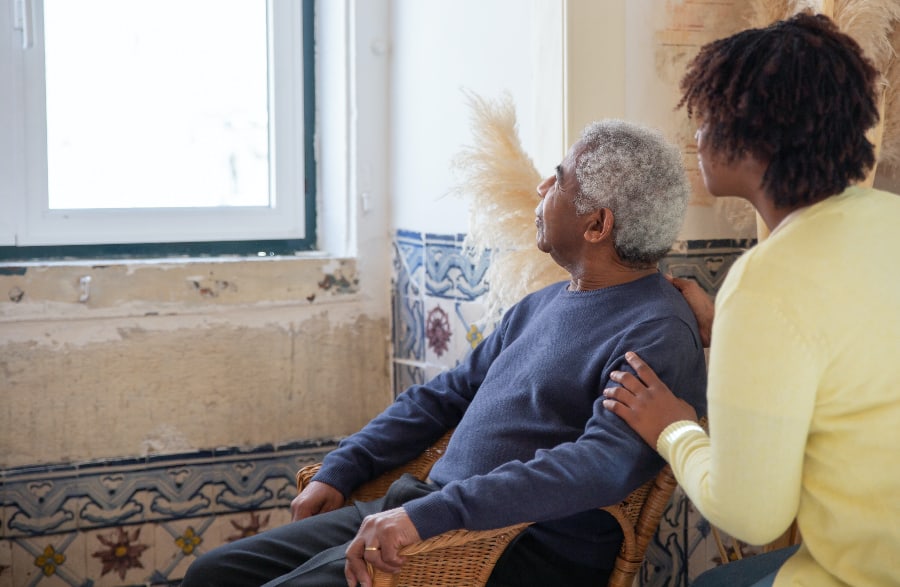Norfolk County Council pilot uses algorithm to identify those at risk of falling
New technology is being used by Norfolk County Council across the county to help prevent people from having falls, prevent hospital admissions and reduce demand on social care and the NHS.
Norfolk County Council is piloting the approach using a computer algorithm that helps to identify those at risk of falling. The council then writes to those people and offers them a range of support, such as assistive technology, help with their mobility or home fire safety checks.
So far, the council has sent out 700 letters and made 530 calls to people at risk, making referrals for 234 individual interventions.
The new technology brings the power to read and analyse millions of lines of social care records to find trends and patterns, which the council says would take many months for any person to do manually. It learns as it goes and through this process it predicts which individuals are at most risk of a fall so the council can approach them and hopefully prevent this happening.
The support on offer to people includes chair based exercises from the council’s Norfolk First Support Service, support from Active Now and help preventing social isolation from Voluntary Norfolk.
Councillor Alison Thomas, Cabinet Member for Adult Social Care at Norfolk County Council, said: “I’ve recently had older members of my family injured after a preventable fall, so I can see first-hand the impact this can have on people and their families. I really support anything that helps to prevent the pain and often long recovery than comes from a fall.
“We know that prevention is far more effective than cure and, as pressure on services continues to grow, we must look at new ways to support people and reduce demand on our services.
“Our falls work is getting a lot of national interest and is a real opportunity to use new technology to improve the lives of our residents.”
The pilot is still in its early stages and the impact of the interventions will be assessed in the coming months. It is hoped that it will be reduce falls, associated hospital admissions, people needing to move into residential care and the size of care packages. This will improve outcomes, support people to live independently for longer and reduce pressures on social care budgets.
South Norfolk and Broadland Council will be supporting the scheme from early October, with their records also be used to help strengthen the data. The council has ensured that it is fully compliant with General Data Protection Regulations (GDPR) in implementing the pilot.
The Local Government Association has warned that criminals are exploiting the analogue to digital switchover to scam vulnerable residents who use telecare monitoring devices into giving out personal information such as bank details.



